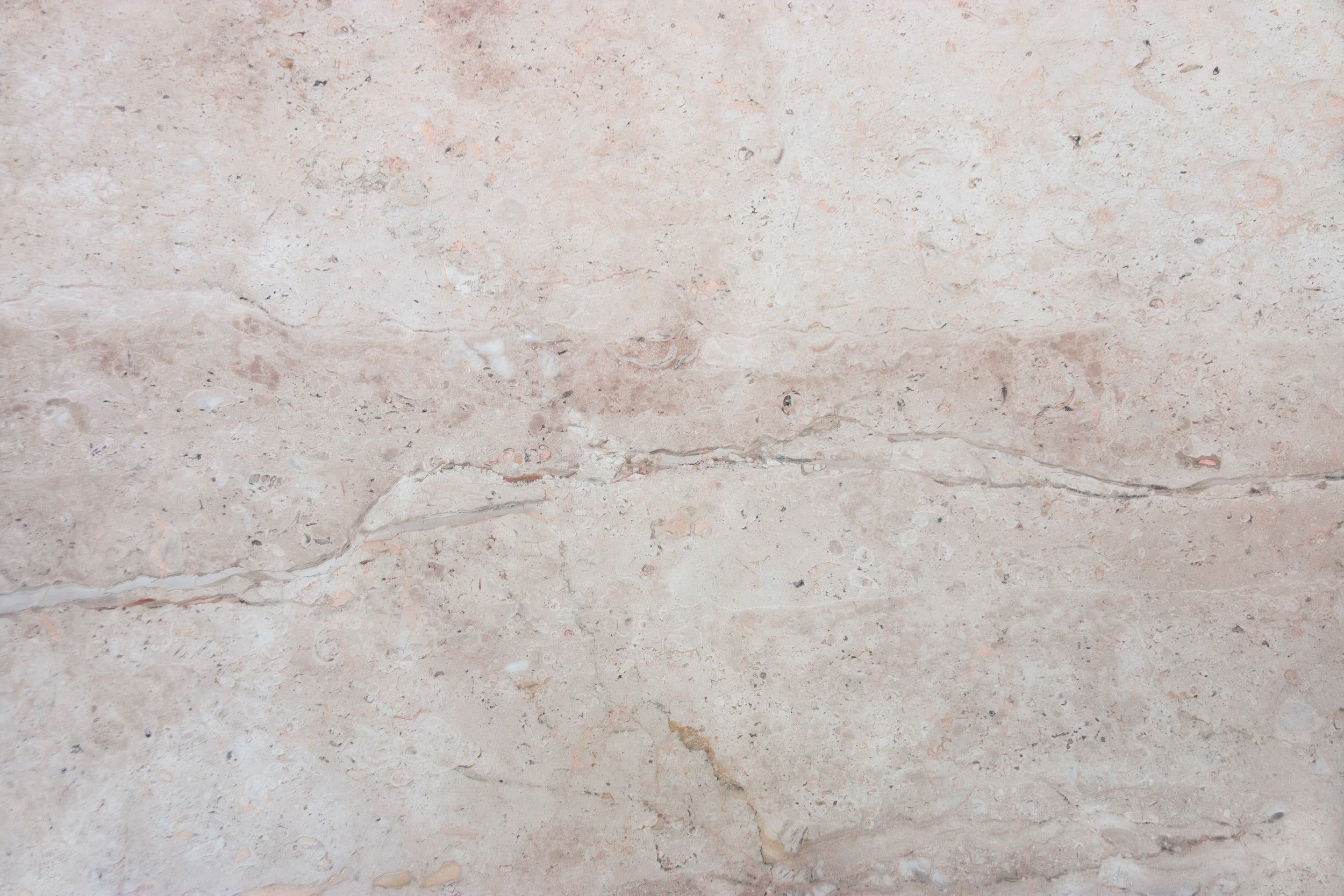Granite, Marble and Quartz
Care & Maintenance
Congrats on your new counters!
Here is everything you need to know about caring for your newly installed luxury, high quality stone and quartz counter tops. Follow these tips for beauty and durability of the stone.
Second: Stone may chip and scratch.
How to avoid
Any heavy objects should be placed with a coaster or a rag underneath to prevent scratches. Also, chipping in your countertops may occur when small bits of minerals come loose or are knocked out via an impact. This is more prevalent in areas such as around the sink and the stove which are usually areas of higher usage.
Marble is more susceptible to scratches and chips due to its softer nature. And does need slightly more care than granite or quartz. Quartz is a lot more durable than natural stone, so chipping is less common in this material but still possible.
Regardless of how careful you are, there will always be a possibility of accidents. If any damage is done to counters, whether chip or scratch, there is no need to worry, this is normal. Just contact your countertop provider and see what can be done to get this fixed.
Third: Cleaning you countertops
Proper cleaning
Unlike laminate counters, marble, granite and quartz countertops need to be cleaned a certain way. A simple rule of thumb to follow: If you would not use it directly on your hands, don’t use it at all. Do not use Vinegar, Ammonia, Lemon or Orange as Cleaners.
Granite and marble counters have certain minerals in them that, when come in contact with these cleaners, could possible start to oxidize the inside of the stone and start to show on the surface down the road. Avoid bathroom, tub & tile or grout cleaners. Although these cleaners may say “soft” with the label, they do contain abrasives that may will dull and scratch your tops.
Instead use non-abrasive soap, warm water and a soft cloth to clean the counters. A recommended cleaner such as daily granite or quartz cleaners can be found in your retail or home improvement stores.
Fourth: Placing hot pots and pans
How hot can it be?
Generally speaking, Granite tops can take the heat of a pot or pan directly off the stove. The stone is naturally pressure treated as a result of extreme heat from the slow crystallization of magma beneath the earth’s surface. However, the constant placing of hot cooking instruments directly on your tops can cause the stone to discolor over time.
Placing hot pots on marble is not recommended due to its softer nature. It will discolor and burn more quickly than Granite and will leave a brown hue to the stone.
Quartz countertops, on the other hand, definitely do not take heat well. Quartz is about 90% stone pieces and 10% of a special resin that is used to keep it all together. The heat of a hot pan can melt, burn, or crack the resin in the quartz countertop that holds it together. The tolerance of heat is roughly above 150°F. We recommend to use a hot plate or pad as to avoid any damage that can be caused by the high heat of the cooking pots and pans.
Regardless of how careful you are, there always exists the possibility of an accident. If you have any questions regarding the care of your new counters, reach out to your countertop provider and they will be able to assist you.
First: All natural stone is porous
What this means for you
Sealing the stone is highly recommended to prevent any liquids, sauces or oils from seeping into the stone. This should be done with all tops, Marble and Granite at least every six months with at home kits purchased through any major home improvement stores, and every 1 - 5 years if sealed by a company that specializes in stone sealing. If done correctly, water should bead up and stay above the surface of the stone.
Sealing does not guarantee that any liquids left on there for longer than 10-20 minutes (depending on the stone) will not get absorbed into the stone. Therefore, any spills should be promptly cleaned soon after the spillage.
Marble, due to it being more porous and softer than granite, tends to change color slightly over the years. This is due to any cooking oils, butter, sauces, oils from your hands, cleaning products, etc. This is completely natural for marble to do this.
The need to seal does not apply if you have quartz countertops.


